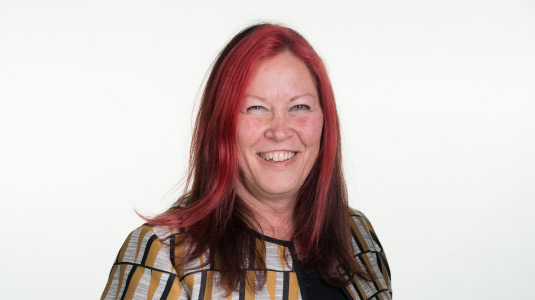SFC news published since 2018. See SFC archived content for earlier news articles.
Prof Lesley Yellowlees on the challenges facing women in STEM and progress towards equality.

The Royal Society of Edinburgh
When I was Head of the College of Science and Engineering at the University of Edinburgh, I welcomed the Royal Society of Edinburgh’s 2012 report Tapping All Our Talents. The report set out a range of recommendations to government, academia and industry to address gender inequality in STEM.
The report’s stark finding that over 70% of female STEM graduates in Scotland left the STEM career path after graduating (compared to 48% of their male counterparts) begs the question of whether anything has changed since 2012. Certainly in that time I have seen a welcome step change in awareness of the challenges facing women in STEM, along with some genuine efforts to overcome them.
 In academia, Athena SWAN has driven research departments to find creative and flexible solutions to support young women to maintain their careers while meeting the needs of a growing family. It has encouraged all of us to be aware of unconscious bias in our workplaces and to challenge processes and cultures that have long been the norm.
In academia, Athena SWAN has driven research departments to find creative and flexible solutions to support young women to maintain their careers while meeting the needs of a growing family. It has encouraged all of us to be aware of unconscious bias in our workplaces and to challenge processes and cultures that have long been the norm.
As a member of the Scottish Funding Council’s board, I am very supportive of the targets it has set and the work that is being done around gender action plans in Scotland’s universities and colleges.
In the wider world, gender inequality and the gender pay gap have risen up the political agenda, with a range of legislative measures and policy initiatives around the sharing of maternity and paternity leave, free childcare and statutory reporting on the gender pay gap.
The economic case for ‘tapping all our talents’ is increasingly stark: the UK and Scotland face significant skills gaps in the very industries that are vital to future economic success. Tackling the big challenges of our time – from climate change to food security to adapting to the digital revolution – demands creativity, innovation and strong leadership across all STEM sectors and across the academic research and industry spectrum.
Despite both the rhetoric and the genuine efforts that have been made to improve gender equality in STEM in Scotland there is clearly much more to be done. And that’s why I was delighted to be asked by the Royal Society of Edinburgh and the Young Academy of Scotland to lead a review of the Tapping All Our Talents report, and the progress that has been made towards equality in the years since its publication.
This timely initiative is taking a step back to listen to the views and experiences of people studying and working in STEM across academia, education, industry, the public sector and society; on the progress that has, or hasn’t, been made towards equality in STEM; and, crucially, on what steps must be taken next.
I would love to hear from you – please visit the RSE’s website for all the details on the Tapping All Our Talents Review 2018, and how to get involved.

